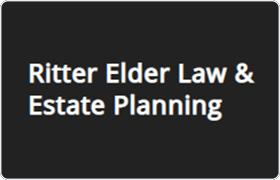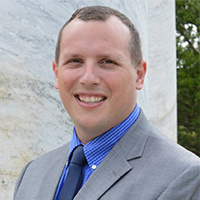White Plains Estate Lawyer, Maryland
Sponsored Law Firm
-
 x
x

Click For More Info:
-
Ritter Elder Law & Estate Planning
30 Industry Lane Prince Frederick, MD 20678» view mapEstate Law Comprehensive & Strategic Estate Plans
I am confident that my firm will be able to assist your family with all of your estate planning needs. Let our team assist you with preparing a comprehensive & strategic estate plan.
800-935-7351
FREE CONSULTATION
CONTACTRobert M Burke
Estate, Estate Administration, Trusts, Estate Planning
Status: In Good Standing Licensed: 32 Years
FREE CONSULTATION
CONTACTJane Margaret Traylor Hauser
Mediation, Lawsuit & Dispute, Wills & Probate, Divorce & Family Law
Status: In Good Standing Licensed: 22 Years
 Brian Ritter Jr. Prince Frederick, MD
Brian Ritter Jr. Prince Frederick, MD Practice AreasExpertise
Practice AreasExpertise
